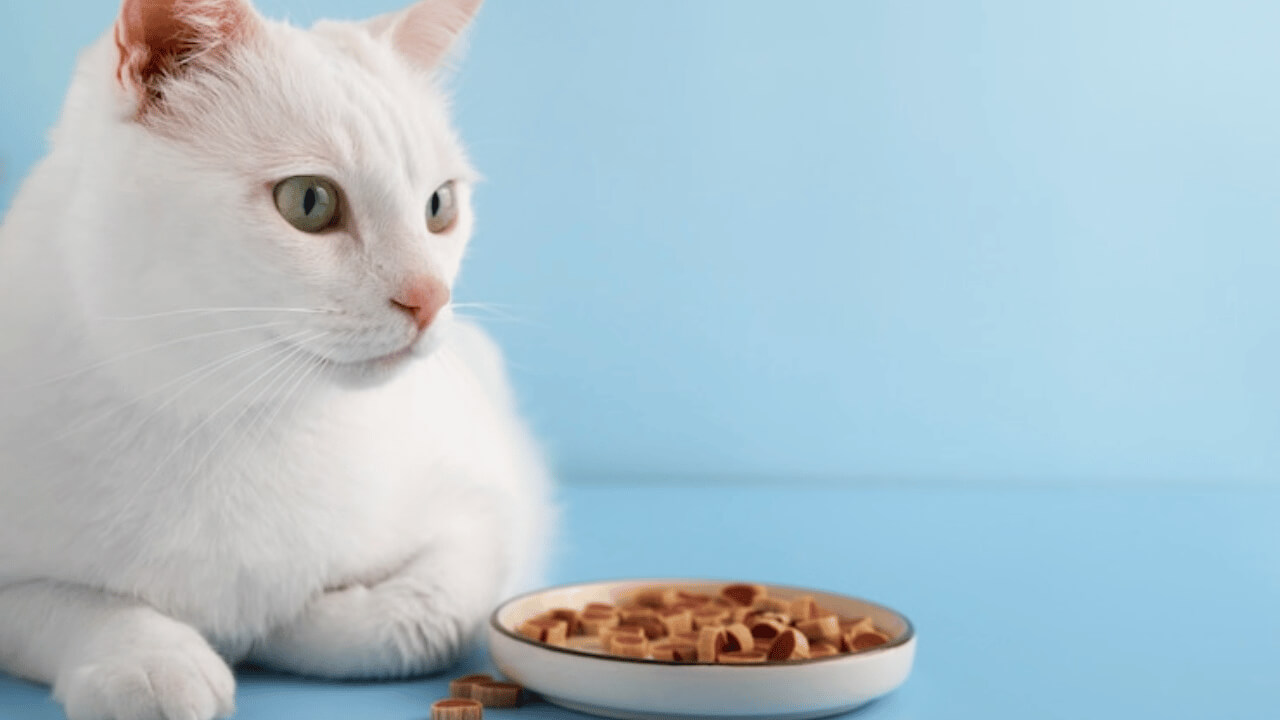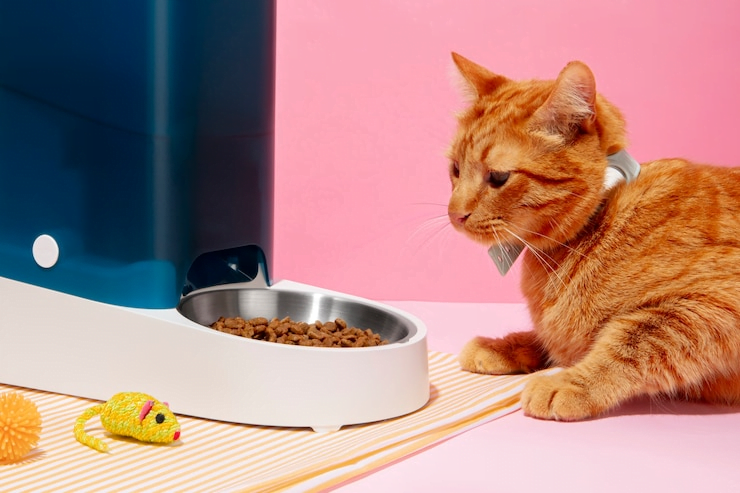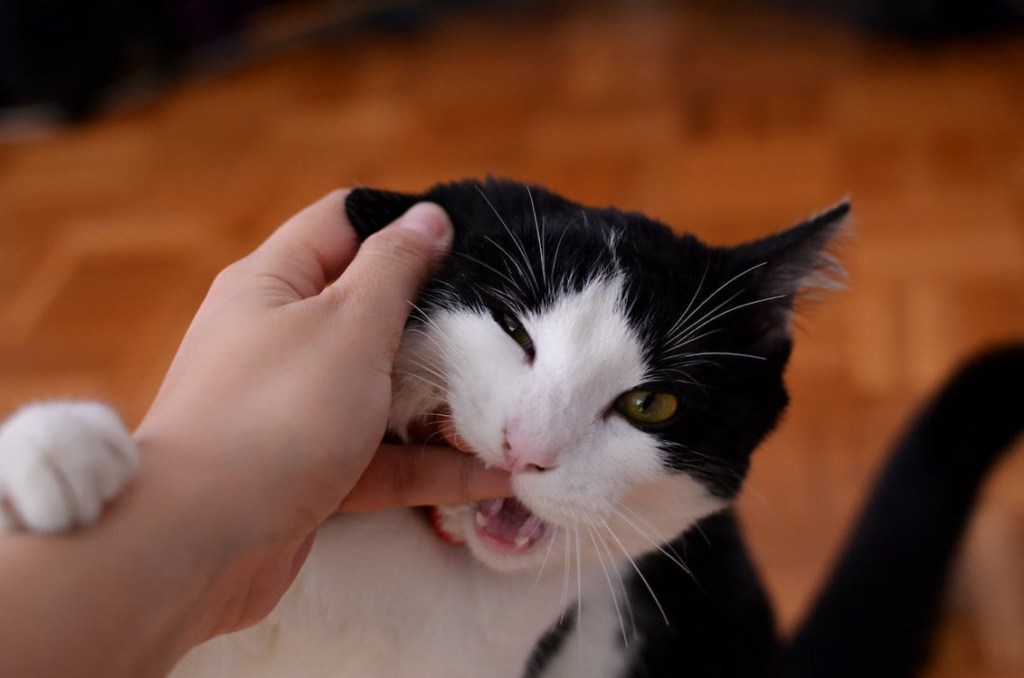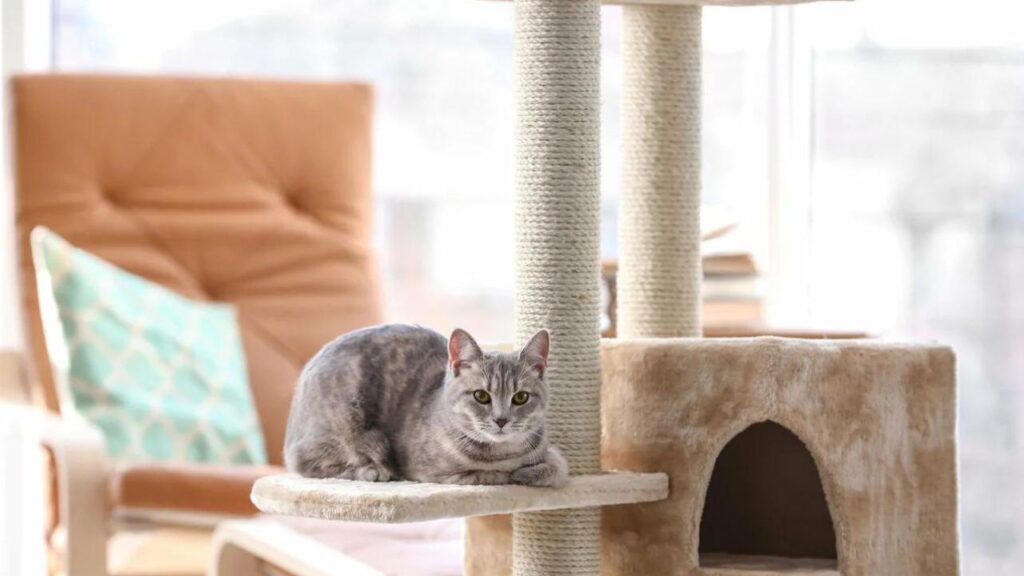
Guide to Effective Cat Flea Treatment at Home: Safe, Easy, and Affordable Solutions
Introduction
Welcome to our detailed guide on cat flea treatment at home. Dealing with cat fleas can be distressing for both you and your feline companion. These tiny parasites can quickly become a nuisance, causing itching, discomfort, and sometimes even health issues for your pet. However, treating cat fleas at home is possible with the right knowledge and remedies.
Understanding Cat Fleas
What are cat fleas? Cat fleas (Ctenocephalides felis) are small, wingless insects that thrive on the blood of mammals, particularly cats. They are dark brown or reddish-brown in color and can jump remarkable distances relative to their size.
Why are cat fleas a problem? Apart from causing itching and irritation, cat fleas can transmit diseases and parasites, such as tapeworms, to your cat. Flea infestations can also lead to anemia, especially in kittens.
Signs of Flea Infestation
How to tell if your cat has fleas?
Watch out for excessive scratching, biting, or licking, particularly around the neck and tail base. You may also notice tiny black specks (flea dirt) on your cat’s fur or skin.
Identifying flea bites on cats.
Flea bites typically appear as small red bumps, often clustered together. Cats with flea allergies may develop more severe skin reactions.
Importance of Home Treatment
Treating cat fleas at home is essential to provide immediate relief to your cat and prevent the spread of fleas in your household.
Natural Remedies for Cat Fleas
Natural remedies can be effective in controlling cat fleas without resorting to harsh chemicals.
Essential oils for flea control: Use diluted lavender, cedarwood, or eucalyptus oil as a spray or collar.
Vinegar and lemon spray: Create a mixture of equal parts vinegar and water with a few drops of lemon juice to spray on your cat’s fur (avoiding eyes and sensitive areas).
Flea combing: Regularly comb your cat with a fine-toothed flea comb to remove adult fleas and eggs.
Homemade Flea Bath
Prepare a gentle flea bath using natural ingredients.
Ingredients:
Mild cat shampoo
Warm water
Apple cider vinegar
How to give your cat a flea bath:
Wet your cat thoroughly.
Lather with the diluted shampoo.
Rinse well with warm water.
Finish with a final rinse of diluted apple cider vinegar.

Cleaning the Environment
To eliminate fleas from your home environment:
- Vacuum carpets and furniture regularly.
- Wash bedding and cat’s belongings in hot water
- Use diatomaceous earth or baking soda on carpets before vacuuming.
Preventing Flea Reinfestation
Keep your home and cat flea-free by:
- Grooming your cat regularly.
- Using flea preventive treatments recommended by your vet.
When to Consult a Vet
If home remedies aren’t effective or if your cat shows signs of a severe flea infestation, consult your veterinarian. Professional treatments and medications may be necessary to eradicate fleas completely.
Cat Flea Treatment at Home Methods
Here are effective cat flea treatment at-home methods you can try:
1. Bathing Your Cat
Giving your cat a bath using a gentle, flea-repellent shampoo can help remove fleas from their fur. Be sure to use lukewarm water and avoid getting water into your cat’s ears and eyes.
2. Vacuuming and Cleaning
Regularly vacuuming your home and washing your cat’s bedding can help eliminate flea eggs and larvae from your environment.
3. Natural Remedies
Diatomaceous Earth: Sprinkle this powder around your home and on your cat (avoiding the face) to kill fleas naturally.
Apple Cider Vinegar Spray: Dilute apple cider vinegar with water and spray it on your cat’s fur to repel fleas.
4. Flea Collars and Combs
Invest in a flea collar or use a flea comb regularly to physically remove fleas from your cat’s fur.
5. Essential Oils
Certain essential oils like lavender or cedar oil can be effective in repelling fleas. Dilute them with a carrier oil and apply sparingly to your cat’s fur.
Preventative Measures
To prevent future flea infestations, consider these tips:
Keep your cat indoors, especially during peak flea seasons.
Wash your cat’s bedding frequently.
Ensure your precious furry friend remains protected and cherished by utilizing flea-preventive products that come highly recommended by your trusted veterinarian
Preventing Future Infestations
Keep your home and pets flea-free by maintaining cleanliness and using preventive measures like flea collars or topical treatments.
Safety Considerations
Always use flea treatments designed for cats and follow dosage instructions carefully to avoid adverse effects.
Dealing with Fleas in Multi-Pet Homes
Treat all pets in your household for fleas simultaneously to prevent cross-infestations.
The Emotional Toll of Flea Infestations
Flea infestations can be emotionally taxing for pet owners. It’s important to remain patient and persistent throughout the treatment process.
Over-the-Counter Options
Flea Collars: Choose a flea collar that is safe and effective for your cat.
Spot-On Treatments: These are applied directly to your cat’s skin and can provide long-lasting protection against fleas.
Flea Shampoos: Use specially formulated flea shampoos to kill fleas on contact.
Flea Collars and Their Effectiveness
Flea collars emit chemicals that repel fleas from your cat’s body. However, their effectiveness can vary, and some cats may have adverse reactions to the chemicals. Choose a collar that is safe and suitable for your cat’s age and size.
Importance of a Clean Environment
Keeping your home clean is essential for preventing flea re-infestation. Wash your cat’s bedding and any other fabric they frequently use in hot water. Regularly clean and vacuum carpets, rugs, and upholstery, paying special attention to areas where your cat spends time.
Conclusion
Taking care of cat fleas at home requires patience and consistency but can be achieved effectively using natural remedies and proper hygiene practices.
FAQs
Can cat fleas harm humans?
Cat fleas typically prefer cats but can bite humans, causing itching and irritation. They do not generally transmit diseases to humans.
How often should I bathe my cat with flea shampoo?
Bathe your cat with flea shampoo once every 2-3 weeks to break the flea life cycle.
Can I use essential oils to repel fleas on my cat?
Some essential oils like lavender and peppermint can repel fleas, but always dilute them and use sparingly, as cats are sensitive to certain oils.
Can indoor cats get fleas?
Yes, indoor cats can get fleas if they come into contact with infested areas or other animals.
What should I do if my cat is allergic to flea bites?
If your cat has a severe reaction to flea bites, consult your vet for appropriate treatment options, including medications to relieve itching and inflammation.













